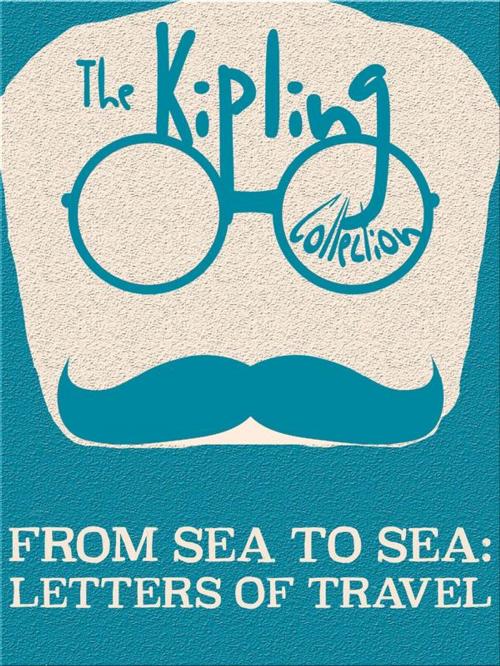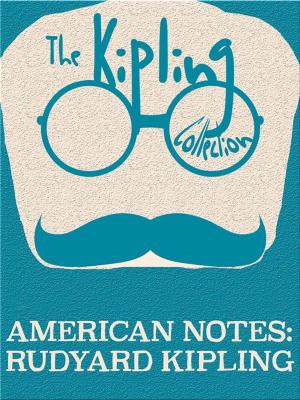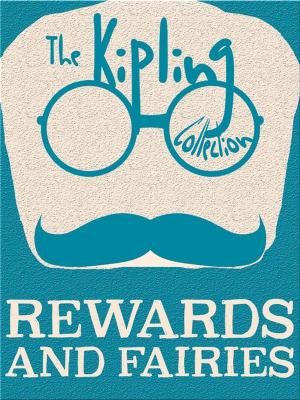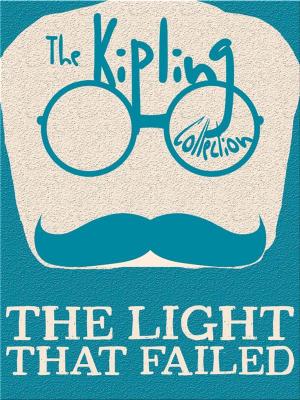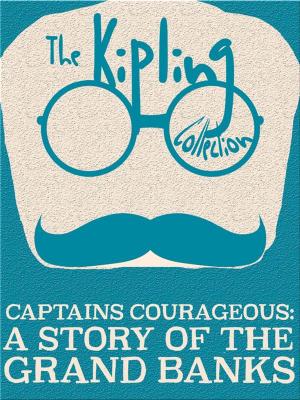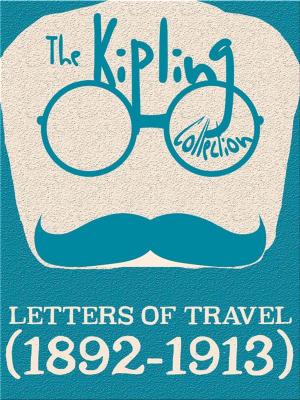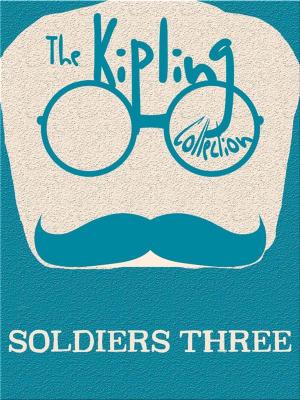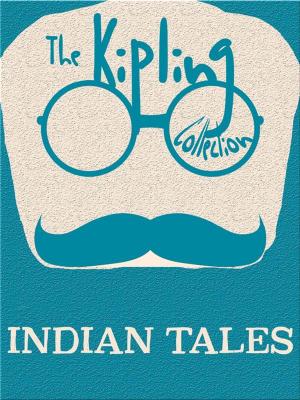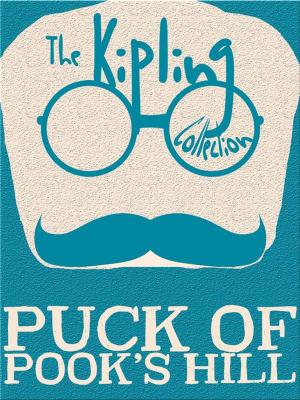From Sea to Sea
Letters of Travel
Nonfiction, History, Africa, Social & Cultural Studies, Social Science, Discrimination & Race Relations| Author: | Rudyard Kipling | ISBN: | 9788827580394 |
| Publisher: | Kipling Press | Publication: | February 24, 2018 |
| Imprint: | Language: | English |
| Author: | Rudyard Kipling |
| ISBN: | 9788827580394 |
| Publisher: | Kipling Press |
| Publication: | February 24, 2018 |
| Imprint: | |
| Language: | English |
Kipling's observations are cast in a wry style that permits, as his work often does, different readings. The unsympathetic reader can hear a banal repetition of the patriarchal, racist and imperialist ideas of the late nineteenth and early twentieth century trotted out. (Or even in his characterisation of the Jewish power behind the pedlar in "The Face of the Desert" a suggestion of something worse.) A more nuanced reading will perceive an amused or wry smile in Kipling's remembering and the human sympathy that infuses all his writing. (US readers should be warned that in Kipling's day "the N word" was in common use, and he therefore uses it naturally to describe people of Sub-Saharan African ancestry.)
Kipling's works of fiction include The Jungle Book (1894), Kim (1901), and many short stories, including "The Man Who Would Be King" (1888). His poems include "Mandalay" (1890), "Gunga Din" (1890), "The Gods of the Copybook Headings" (1919), "The White Man's Burden" (1899), and "If—" (1910). He is regarded as a major innovator in the art of the short story; his children's books are classics of children's literature; and one critic described his work as exhibiting "a versatile and luminous narrative gift".
Kipling was one of the most popular writers in England, in both prose and verse, in the late 19th and early 20th centuries. Henry James said: "Kipling strikes me personally as the most complete man of genius (as distinct from fine intelligence) that I have ever known." In 1907, he was awarded the Nobel Prize in Literature, making him the first English-language writer to receive the prize, and its youngest recipient to date Among other honours, he was sounded out for the British Poet Laureateship and on several occasions for a knighthood, all of which he declined.
Kipling's observations are cast in a wry style that permits, as his work often does, different readings. The unsympathetic reader can hear a banal repetition of the patriarchal, racist and imperialist ideas of the late nineteenth and early twentieth century trotted out. (Or even in his characterisation of the Jewish power behind the pedlar in "The Face of the Desert" a suggestion of something worse.) A more nuanced reading will perceive an amused or wry smile in Kipling's remembering and the human sympathy that infuses all his writing. (US readers should be warned that in Kipling's day "the N word" was in common use, and he therefore uses it naturally to describe people of Sub-Saharan African ancestry.)
Kipling's works of fiction include The Jungle Book (1894), Kim (1901), and many short stories, including "The Man Who Would Be King" (1888). His poems include "Mandalay" (1890), "Gunga Din" (1890), "The Gods of the Copybook Headings" (1919), "The White Man's Burden" (1899), and "If—" (1910). He is regarded as a major innovator in the art of the short story; his children's books are classics of children's literature; and one critic described his work as exhibiting "a versatile and luminous narrative gift".
Kipling was one of the most popular writers in England, in both prose and verse, in the late 19th and early 20th centuries. Henry James said: "Kipling strikes me personally as the most complete man of genius (as distinct from fine intelligence) that I have ever known." In 1907, he was awarded the Nobel Prize in Literature, making him the first English-language writer to receive the prize, and its youngest recipient to date Among other honours, he was sounded out for the British Poet Laureateship and on several occasions for a knighthood, all of which he declined.
